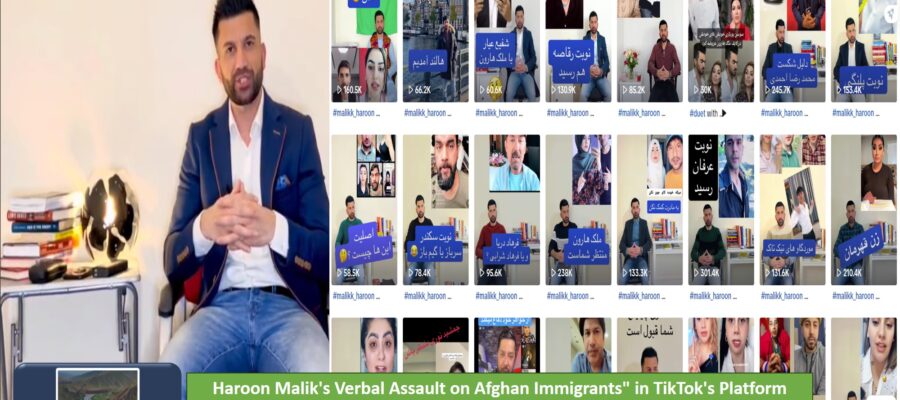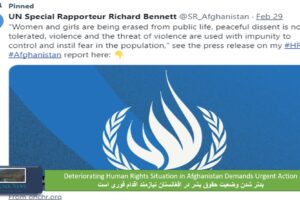Afghan Refugee Haroon Malik Tiktok’s user name is (malikk_haroon) with 61.2K followers and 575.1K Likes Verbal attacks on Afghan immigrants contribute to the perpetuation of harmful stereotypes and misconceptions. Stereotyping can lead to a distorted view of an entire community, fostering an environment where individuals are unfairly judged based on their ethnicity or background rather than their merits.
the rise of social media has provided a platform for people worldwide to express their opinions, connect with others, and engage in discussions on various topics. However, alongside the positive aspects, there has been a concerning increase in verbal attacks against certain groups, including Afghan immigrants. This article aims to explore the impact of such verbal attacks and the broader implications for social cohesion, empathy, and understanding.
Afghan immigrants, like many other communities, have become targets of verbal attacks on social media platforms. These attacks often take the form of derogatory language, harmful stereotypes, and xenophobic comments. The reasons behind such attacks are complex, involving a combination of misinformation, prejudice, and fear.
The wave of Afghan immigrants seeking refuge in European countries has been met with both empathy and hostility. While many European nations have opened their doors to those fleeing conflict and persecution, there has been a disturbing trend of online harassment and discrimination targeting Afghan citizens. One individual, Harron Malik, has emerged as a prominent figure in leading verbal attacks against Afghan immigrants on social media platforms. This article delves into the rise of this troubling phenomenon and its implications for the Afghan community in European countries.
The psychological toll of verbal attacks should not be underestimated. Afghan immigrants subjected to online harassment may experience increased stress, anxiety, and feelings of isolation. The negative impact on mental health can extend beyond the targeted individuals to their families and communities, creating a ripple effect of harm.
The roots of the online harassment against Afghan immigrants can be traced back to 2014 when the Afghan Nationalism war began during the administration of the former Afghan government. As the conflict escalated, individuals with nationalist and racist ideologies found themselves at odds with the changing political landscape. However, it was after the Taliban took control of Afghanistan in 2021 that a significant number of such individuals sought refuge in the United States, Canada, and various European countries.
Verbal attacks on Afghan immigrants erode the social fabric by fostering division and animosity within society. Social cohesion relies on empathy, understanding, and shared values. When these values are compromised through online hostility, it becomes increasingly challenging to build bridges between different communities.
The integration of Afghan immigrants into their host societies can be hindered by verbal attacks on social media. Such attacks create a hostile environment, making it difficult for individuals to feel accepted and fully participate in their new communities. This can lead to isolation and hinder the overall integration process.
The rise of online harassment against Afghan immigrants in European countries, exemplified by figures like Harron Malik, is a concerning development that warrants attention and action. It underscores the importance of fostering understanding, promoting inclusivity, and addressing the root causes of hostility within society. Governments, social media platforms, and civil society must collaborate to counteract these harmful trends and ensure a more welcoming and tolerant environment for all residents, regardless of their background.





